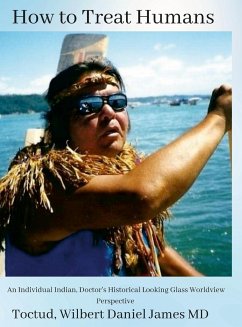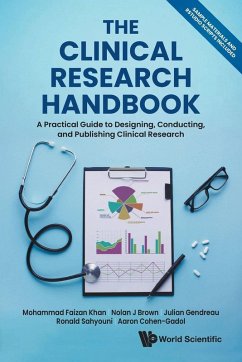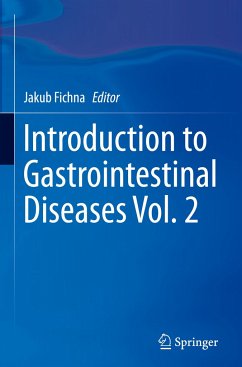
A Quick Guide on How to Conduct Medical Research
From Set-Up to Publication
Versandkostenfrei!
Versandfertig in 1-2 Wochen
41,99 €
inkl. MwSt.

PAYBACK Punkte
21 °P sammeln!
This book is an essential guide on how to conduct human medical research with a focus on the fundamental concepts of contemporary biostatistics and epidemiology. It provides an overview of all necessary steps: from setting up research, analyzing collected data and publishing results as a scientific paper and also in finding the appropriate audience for a completed study. This comprehensive but compact book covers the writing of research proposals, choosing research designs, describing collected data, and understanding various techniques of inferential statistics. It is written from an appl...
This book is an essential guide on how to conduct human medical research with a focus on the fundamental concepts of contemporary biostatistics and epidemiology. It provides an overview of all necessary steps: from setting up research, analyzing collected data and publishing results as a scientific paper and also in finding the appropriate audience for a completed study. This comprehensive but compact book covers the writing of research proposals, choosing research designs, describing collected data, and understanding various techniques of inferential statistics. It is written from an applied point-of-view: two studies are used as example, which guide the reader through all steps, focusing on the interpretation of the results using SPSS (Statistical Package for the Social Sciences) output. A Quick Guide on How to Conduct Medical Research is not only an indispensable resource for PhD students, researchers as well as physicians performing their own research, but also for any readers of medical research who would like a deeper understanding of scientific publications. It can also be used in educational programs in the school of medicine, health sciences, human movement sciences, medical biology and paramedical schools.














